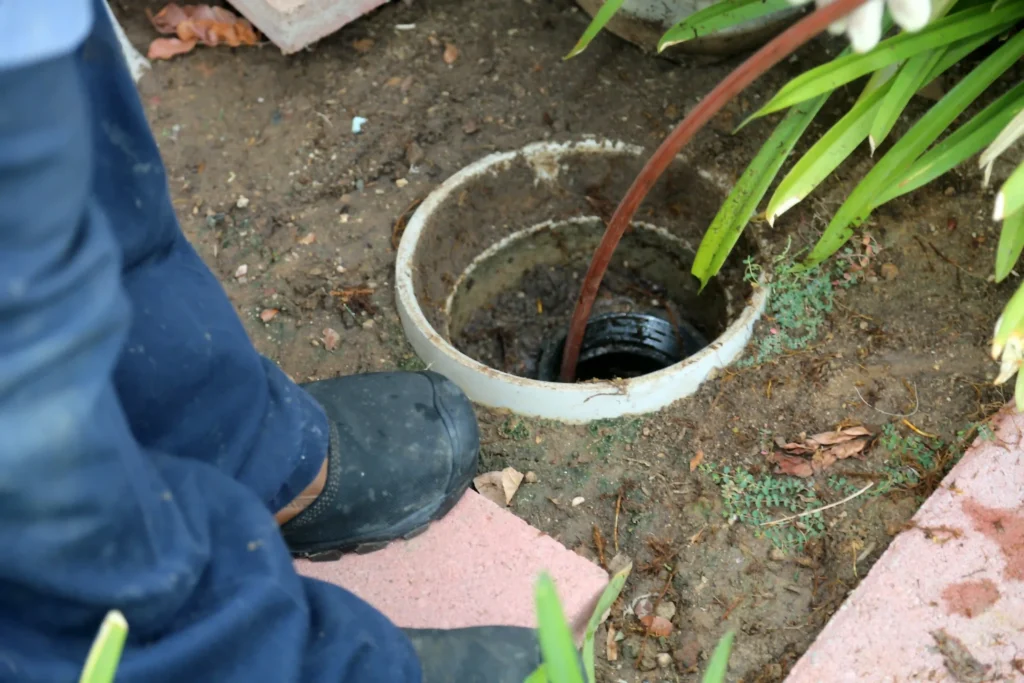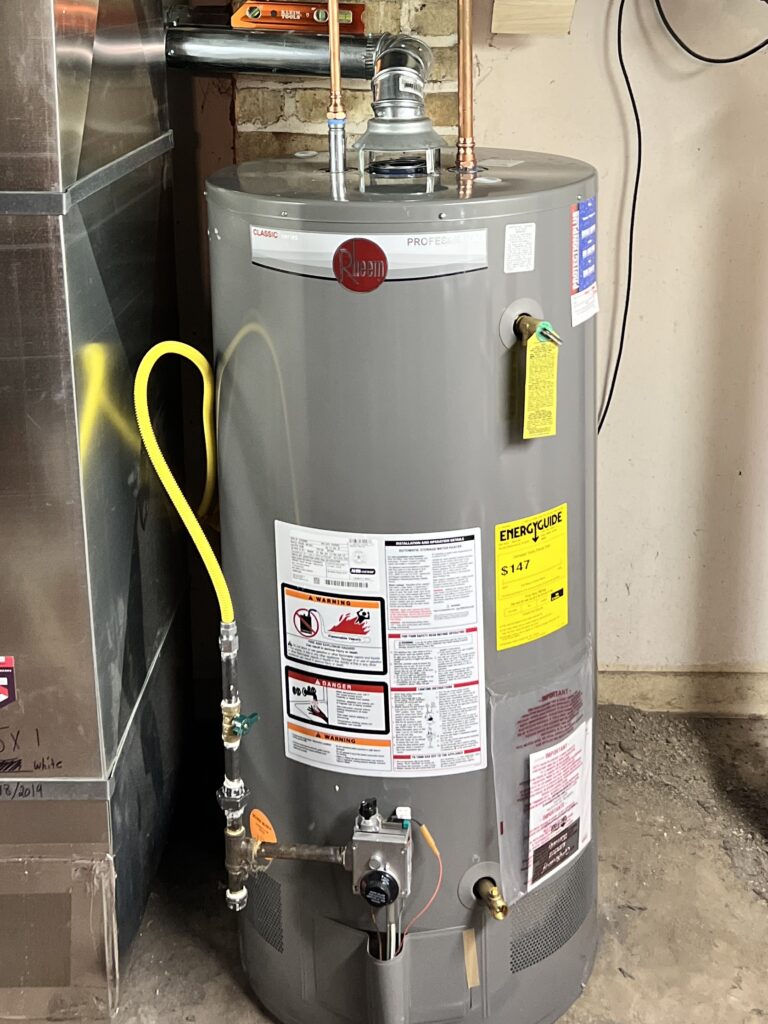

Blog
How to choose the right HVAC system for your home
“Which HVAC system is best for my home?” That’s a common question we hear from new homeowners as well as those looking to replace the HVAC system in their current home.
First and foremost, it’s important to choose the correct size. A right-sized system will maximize efficiency, and to do that you need to choose a system that allows your HVAC system to operate constantly. It may sound counterintuitive, but just like with a car driving on the highway, you want to minimize as much starting and stopping as possible to maximize efficiency and decrease wear and tear or undue stress on components. An HVAC system that’s properly sized to your home will be constantly running — not shifting between a high blast and not running at all.
Bigger isn’t always better.
When it comes to choosing an HVAC system that’s going to make your home as comfortable as possible, it isn’t always best to go big. A unit that’s too small for your home will be working too hard to reach your desired temperature, if it reaches that temperature at all.
If it’s too big, the system will cycle between blasting cold/hot air and shutting off completely, which isn’t an efficient way to operate. When your HVAC system runs continuously, it keeps indoor humidity at the appropriate level, which feels more comfortable and gives you a wider range to set your thermostat.
Which type of air handler do I need?
There are three types of air handlers to consider when choosing a new HVAC system:
- Single-stage – Older furnaces often have motors with only one speed setting — high. These motors run at maximum capacity no matter how much or little heating you need. Because maintaining a stable indoor temperature rarely requires the furnace to work at full blast, a lot of energy goes to waste.
- Two-stage – A two-stage motor can run on a high- or a low-speed setting. Because the low setting is usually enough to keep your temperature stable, this motor can save you energy by running at a slower speed more often. It kicks into high only when your heating demand is great enough to require a large amount of warm air quickly.
- Variable-speed – A variable-speed motor isn’t restricted to specific settings; it can run at any speed within a set range. This allows it to choose the precise speed that’s most efficient for the given heating demand. You’ll enjoy optimal energy efficiency along with a more stable and even temperature.
Consider a system equipped for zoning.
What is zoning? Zoning allows you to heat and cool individual rooms — or zones — to different temperatures. You can control multiple zones separately to reduce hot and cold spots for more consistent comfort, or you can increase efficiency by only heating or cooling areas of your home that are in use. For example, you can set the temperature of the nursery at 72 degrees, your living room at 70 degrees and the basement at 68 degrees.
The two major benefits of zoning are comfort and energy efficiency. You’ll be more comfortable when each area of the home is set to the temperature you want.
An HVAC professional will help you choose the right system for your home.
Be sure to choose a quality, licensed HVAC contractor — a good contractor will take the time to calculate the size of HVAC system you need. And they will properly install and maintain your system to get the best efficiency over time. If your new HVAC system is incorrectly sized or installed, it will most likely be inefficient, costing you more money in higher energy bills in the long run.
To learn more about choosing the right HVAC system for your home, contact us at bellbrothers.com or call 515-244-8911.








